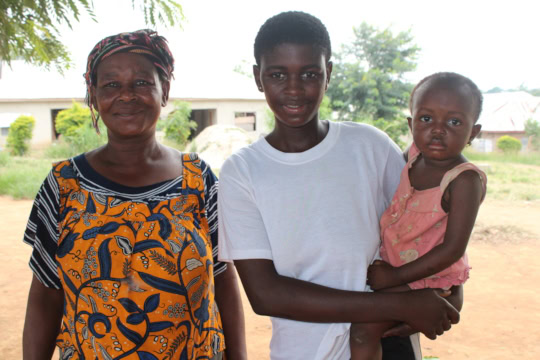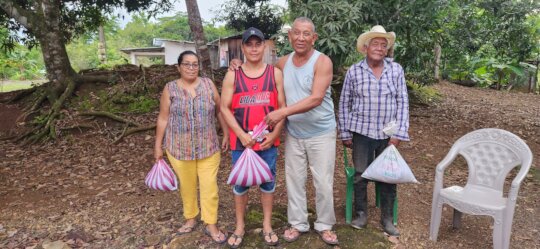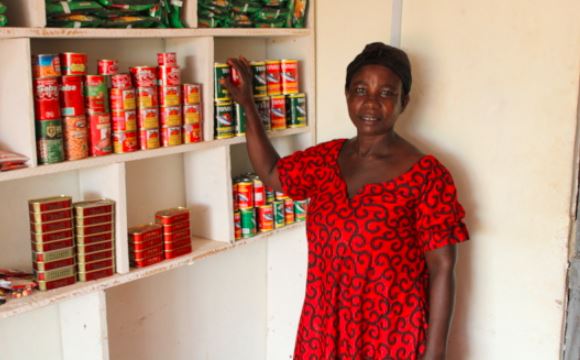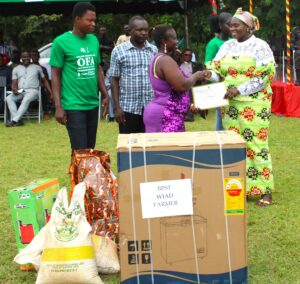Rose Regains Her Voice
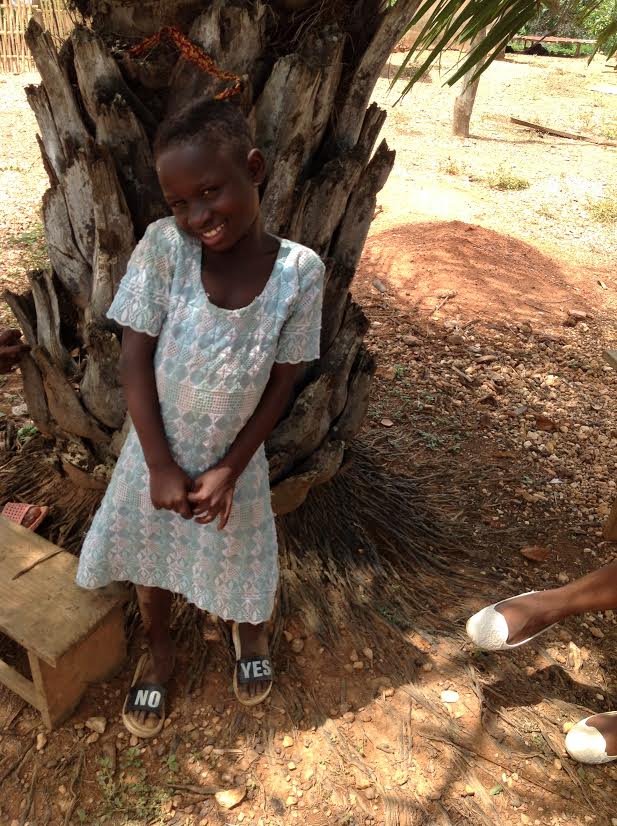
Rose regains her voice
Mr. and Mrs. Ahimah live in Beposo village with their 3 daughters; Elizabeth, Mary and Rose. It wasn’t until Elizabeth was three years old that she began to talk, and when her younger sister Mary was born a few years later, she eventually began to exhibit similar speech problems. Due to a lack of essential nutrients, the girls were developmentally stunted. Although they were growing, both sisters weren’t talking the way other children were. After three years, Elizabeth was able to speak, but Mary’s situation was different. She could listen but could not respond. She was unable to socialize with friends and felt lonely most of the time.
On September 7, 2010, the couple gave birth to their third child, Rose. They prayed constantly, hoping that Rose would be able to speak without any trouble. Fortunately, at age two, Rose could speak correctly but began to mirror the attitudes of her sisters and simply refused to speak. Her mother told us, “We felt helpless realizing our daughter would not speak, not because she was not capable but because she simply wanted to emulate her elder sister.”
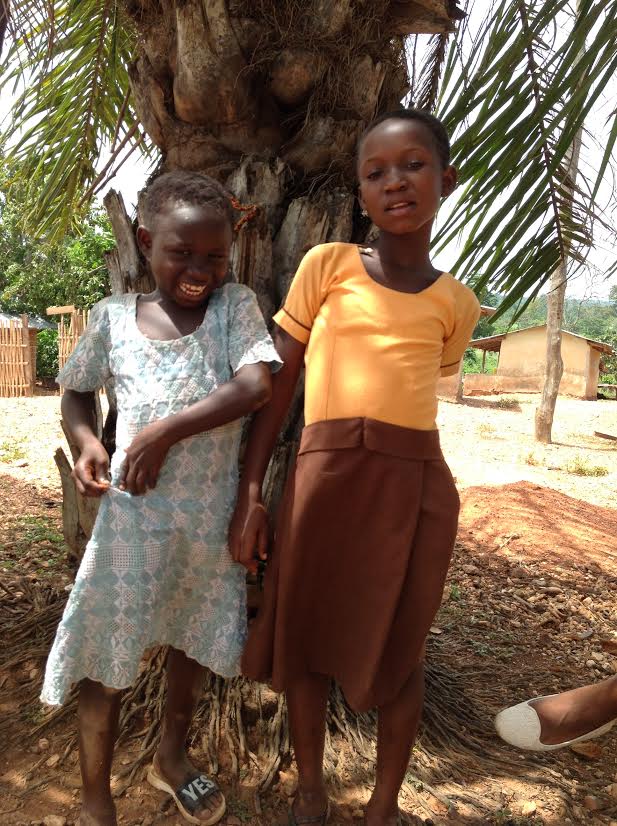
Rose with her sister
Due to economic hardships and cultural norms, visiting the hospital was rarely a possibility. The family never sought the help of a speech therapist. As times got tougher and the parents became more financially handicapped, the eldest daughter, Elizabeth, was sent to the northern part of Ghana to live with her grandparents.
The family’s hope to take Mary to a special school for the deaf wasn’t an option because of their financial burdens. They had no funds for school supplies and fees. Both parents’ eyes were filled with tears as they spoke to us, but they told us that our staff gave them hope. They said they motivated them to never give up.
In 2016, when we first met the parents, two of their daughters, Rose and Mary, attended elementary school in Beposo. Although they were not in the same grade, they were in the same building and stuck together, they would not socialize or make friends with the other children. In order to encourage the girls to socialize more, Rose was enrolled in a neighboring elementary school. Both schools participate in the school feeding program and are fed a daily breakfast of quality protein maize (QPM) porridge each morning.
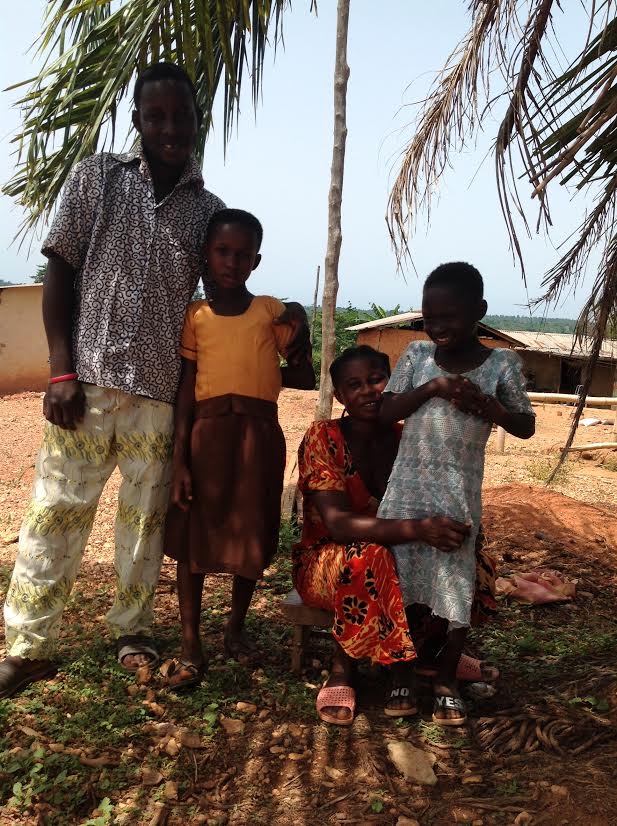
Rose and her family speaking with SHI staff
Self-Help’s training center in Ghana provided the advice and support the parents were seeking to assist with Rose’s condition. We worked with the daughter’s teacher to ensure she was receiving care. Her teacher was touched by our concern and commitment to the family. The teacher told us, “Initially Rose felt very odd among her colleagues and could hardly pronounce a word but with her receiving the support she needs, she is now ok.”
After continuous monitoring and care, Rose can now pronounce some words that she couldn’t before. Her teacher went on to tell us, “Though she is not yet not fluent, her condition is far better than when she first came here and I believe that she will be able to speak just like any of her classmates soon.”
Rose’s parents expressed their gratitude for all of the investment in their daughters’ education, saying, “All that we want to say is may God bless you and the entire organization.”

 Previous Post
Previous Post Next Post
Next Post